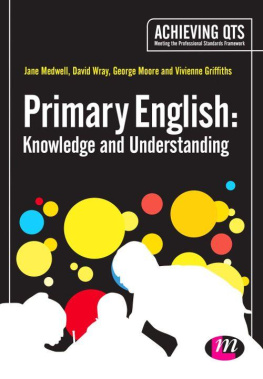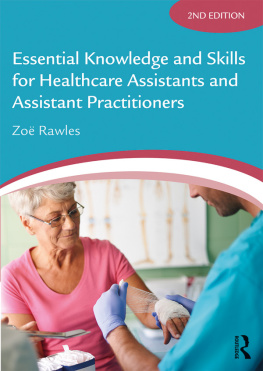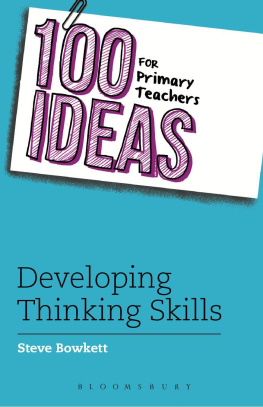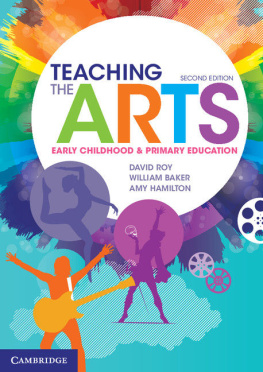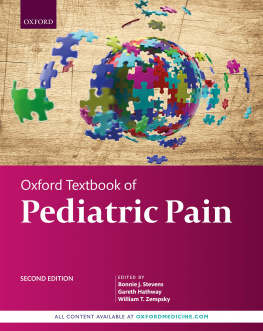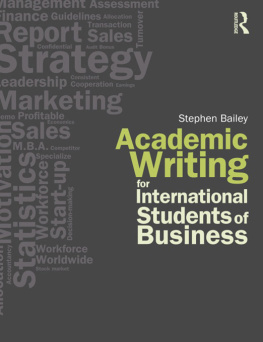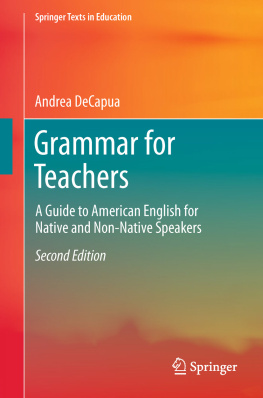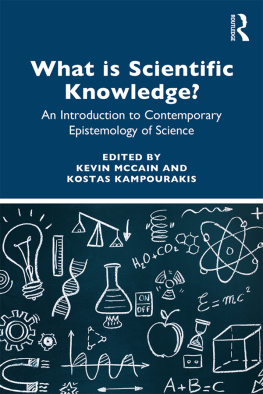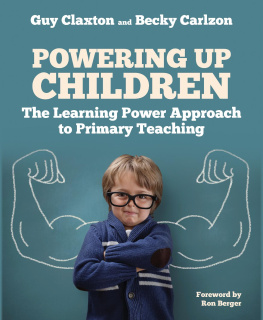

Jane Medwell, George Moore, David Wray and Vivienne Griffiths 2014
First published in 2001 by Learning Matters Ltd
Reprinted in 2001 (twice). Second edition published in 2002. Reprinted in 2003 (twice), 2004 (twice), 2005 and 2006. Third edition published in 2007. Reprinted in 2007 (twice). Fourth edition published in 2009. Reprinted in 2009 and 2010. Fifth edition published in 2011. Reprinted in 2011. Sixth edition published in 2012. Seventh edition published in 2014.
Apart from any fair dealing for the purposes of research or private study, or criticism or review, as permitted under the Copyright, Designs and Patents Act 1988, this publication may be reproduced, stored or transmitted in any form, or by any means, only with the prior permission in writing of the publishers, or in the case of reprographic reproduction, in accordance with the terms of licences issued by the Copyright Licensing Agency. Enquiries concerning reproduction outside those terms should be sent to the publishers.
Library of Congress Control Number: 2014937400
British Library Cataloguing in Publication Data
A catalogue record for this book is available from the British Library
ISBN: 978-1-4462-9523-6
ISBN: 978-1-4462-9524-3 (pbk)

Learning Matters
An imprint of SAGE Publications Ltd
1 Olivers Yard
55 City Road
London EC1Y 1SP
SAGE Publications Inc.
2455 Teller Road
Thousand Oaks, California 91320
SAGE Publications India Pvt Ltd
B 1/I 1 Mohan Cooperative Industrial Area
Mathura Road
New Delhi 110 044
SAGE Publications Asia-Pacific Pte Ltd
3 Church Street
#1004 Samsung Hub
Singapore 049483
Editor: Amy Thornton
Development editor: Jennifer Clark
Production controller: Chris Marke
Project management: Deer Park Productions, Tavistock, Devon, England
Marketing Manager: Catherine Slinn
Cover design: Wendy Scott
Typeset by: C&M Digitals (P) Ltd, Chennai, India
Printed by: Henry Ling Limited at The Dorset Press, Dorchester DT1 1HD

At SAGE we take sustainability seriously. We print most of our products in the UK. These are produced using FSC papers and boards. We undertake an annual audit on materials used to ensure that we monitor out sustainability in what we are doing. When we print overseas, we ensure that sustainable papers are used, as measured by the Egmont grading system.
Contents
Acknowledgements
Extract from The Lion, the Witch and the Wardrobe by C. S. Lewis copyright C. S. Lewis Pte Ltd. 1950. Reprinted by permission (page 12); extract from The Ghost of Thomas Kempe by Penelope Lively published by Heinemann Educational and reproduced by permission of David Higham Associates (page 14); extract from Fairs Fair by Leon Garfield reproduced by permission of Hoddder & Stoughton Limited (page 133); by kind permission of John Agard c/o Caroline Sheldon Literary Agency Poetry Jump-Up from Get Back Pimple published by Viking Puffin 1990 (page 148); Cargoes by John Masefield reproduced by permission of The Society of Authors as the Literary Representative of the Estate of John Masefield (page 149); Hippo Writes a Love Poem to His Wife from We Animals Would Like A World With You by John Agard, published by The Bodley Head, reprinted by permission of the Random House Group Limited (page 157); Gran, Can You Rap? by Jack Ousbey Jack Ousbey (page 161); According to My Mood from Talking Turkeys by Benjamin Zephaniah (Viking, 1994) copyright Benjamin Zephaniah, reprinted by permission of Penguin Books Ltd (page 162); Hoff the Cat Dealer from Playstage: Six Primary School Plays 1987 Andrews Davies, first published by Methuen Childrens Books Limited, now Egmont Childrens Books Limited and used with permission (page 180).
Every effort has been made to trace copyright holders and to obtain their permission for the use of copyright material. The Publisher and authors will gladly receive information enabling them to rectify any error or omission in subsequent editions.
Introduction
About this book
This book has been written to cater for the needs of primary trainees on all courses of initial teacher training in England and other parts of the UK. In order to gain qualified teacher status (QTS), teachers must demonstrate that they have the knowledge, skills and values necessary to be effective classroom teachers. Secure subject knowledge in English is required for the award of Qualified Teacher Status (QTS) or its equivalent. This book will also be useful to Newly Qualified Teachers (NQTs) and other professionals working in education who have identified aspects of their English subject knowledge that require attention.
This book has been written with the Teachers Standards firmly at its core. The Teachers Standards in England (DfE, 2013) came into force from 1 September 2012, replacing the standards for Qualified Teacher Status (QTS), the Core Professional Standards and the General Teaching Council for Englands Code of Conduct and Practice for Registered Teachers. These standards define the minimum level of practice expected of all teachers from the point of being awarded QTS.
At the time of writing this book, as at most other times in education, changes are underway in the structures of school governance and assessment requirements which affect the curriculum in schools. The Department for Education (DfE) has recently reviewed the primary National Curriculum and the majority of this new National Curriculum will come into force from September 2014. From September 2015, the new National Curriculum for English, mathematics and science will come into force for children in Years 2 and 6.
The revised Statutory Framework for the Early Years Foundation Stage, which details the Early Learning Goals set nationally for children from birth to 5 years old, became statutory in September 2012 (DfE, 2012). This framework is mandatory for all early years providers, including maintained schools, non-maintained schools, independent schools, and all providers on the Early Years Register.
This book includes information on the programmes of study for National Curriculum English, which maintained schools (but not academies, free schools or independent schools) must follow from September 2014, and on the Early Learning Goals for children in the Early Years. In any transitional period, you will need to understand about what curriculum requirements were in place before the new arrangements as the teachers you work with may well retain in their practice elements of the earlier ways of working. You will almost certainly hear colleagues discussing the differences between curriculum initiatives and referring to former frameworks, for example the Primary National Strategy for Teaching Literacy and Mathematics.
Each chapter of this book addresses particular areas of English knowledge that primary teachers need in order to become effective teachers of English and communication, language and literacy (CLL). Issues of pedagogy (how to teach English to primary aged children) are addressed in the companion volume, Primary English: Teaching Theory and Practice (Learning Matters, 2014). However, the authors of this book have attempted to make clear links between the knowledge you, as a teacher, need and how you will use it in teaching.
Next page
